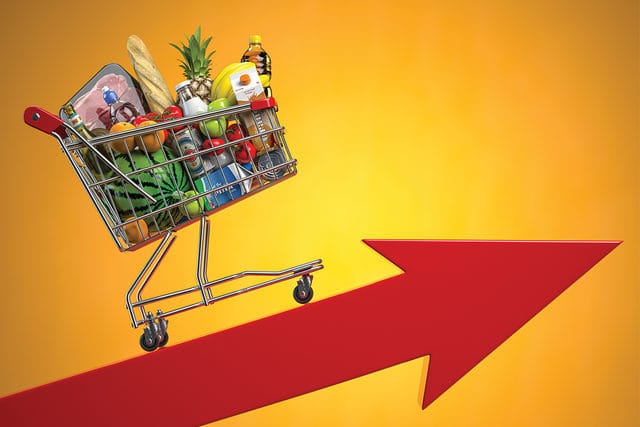Post-Brexit Charges Spark Concerns: Impact on Food Prices

Post-Brexit Charges Spark Concerns: Impact on Food Prices
Consumer groups are expressing concerns over potential hikes in food prices following the UK government’s announcement of post-Brexit charges on imports of EU food and plant products set to take effect later this month.
The government has disclosed details regarding the common user charge, which will be imposed on small imports of animal products and plants, including items such as sausages, cheese, and yogurt entering the UK from the EU via the port of Dover and Eurotunnel at Folkestone.
The Department for Environment, Food and Rural Affairs has stated that these fees, ranging up to £145 and becoming effective on April 30th, will fund border inspections and enhance biosecurity measures aimed at preventing the spread of plant and animal diseases into the UK. These charges are applicable to imports entering the UK as well as transits entering and departing.
Trade associations have criticized the move, expressing concerns about increased business costs, elevated food prices, and potential limitations on consumer choices.
William Bain, head of trade policy at the British Chambers of Commerce, labeled the decision as “extremely disappointing,” asserting that the government has disregarded industry concerns. According to him, the flat-rate fee for most animal and plant products is detrimental to small and medium-sized importers and raises apprehensions for retailers, cafes, and restaurants.
Phil Pluck, CEO of the Cold Chain Federation, representing importers of perishable goods, criticized the last-minute introduction of charges, which he believes gives companies insufficient time to adjust their arrangements with EU customers.
The announcement has sparked worries within the UK garden industry as well. James Barnes, chair of the Horticultural Trades Association, expressed concerns about increased costs affecting SMEs, potentially reducing consumer choices, and leading to empty shelves, thus impacting biodiversity and environmental targets.
The UK government has delayed implementing these charges five times since Brexit to allow businesses to prepare and minimize disruptions to supply chains. The government contends that the charges aim to recover the costs of operating border facilities while safeguarding the food supply, farmers, and the environment against disease outbreaks. They have assured that measures have been taken to support businesses, particularly smaller ones, in adjusting to new border checks and maintaining the smooth flow of imported goods.
Related
Discover more from Hackney's Finest - Trending Topics and News
Subscribe to get the latest posts sent to your email.





